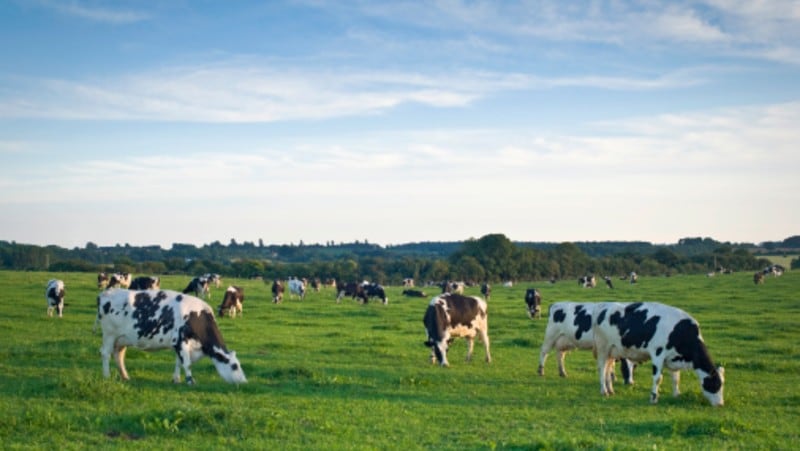The Inner Mongolia Autonomous Region is the home base for big dairy names such as Yili and Mengniu as it is primarily grasslands, making it a very suitable location for dairy farms to be established.
Recently, the local government in the region has decided to formalise plans to develop a dairy hub there, based on the large volume of dairy activity already taking place, and has allocated a total of CNY348mn (US$52mn) to do this.
“The various financial departments across all levels in the Inner Mongolia Automous Region have put in [these funds] to subsidise dairy farms here and promote the revitalisation of the local dairy sector, especially the local government which has provided CNY290mn in subsidies,” said the Dairy Association of China (DAC) via a formal statement.
“These subsidies are expected to benefit farms across eight areas [and moving forward] there are further plans to also implement further projects to finance development and to partner with Yili, Mengniu and other relevant financial institutions to establish the ‘Inner Mongolia Dairy Industry Revitalisation and Development Fund’ which will fully unlock the potential of the local sector and attract more financial and social capital to invest here.”
According to Yili Assistant President Dr Yun Zhanyou, this sort of development is key for the local dairy industry as dairy consumption has been seeing a rapid rise amongst Chinese consumers over the past several years, driving the need for increased supply to meet demand.
“The COVID-19 pandemic stimulated greater milk consumption in the Chinese market as consumers paid more attention to their nutrition, health and immunity, [which thus] provided China’s dairy market with more room for development,” he told FoodNavigator-Asia.
“[There is also increased need for value-added products] here - consumer spending habits, channels and marketing scenarios are changing so dairy companies are gradually being redirected towards consumer-centred competition [and we see that] future growth will mainly be coming from product innovation and structural upgrading.
“[For instance], as China faces the challenge of an ageing population and with the government’s new three-child policy, the demand for adult and infant formula powder will be continuing to grow.”
Keeping the grasslands viable for dairy production
Given it is headquartered in Inner Mongolia, Yili has also spent a good deal of effort on preserving the local ecosystem and biodiversity to ensure the viability of the grasslands that its farms depend on.
“Yili has partnered with the Chinese National Committee for UNESCO Man and the Biosphere Programme to launch China’s first ‘Smart Grasslands’ monitoring and protection project,” said Yili Vice President Zhao Xin.
“Protecting [grasslands] ecology requires better understanding about [the local ecosystem] and acquiring more precise and detailed information is essential, hence the project aims to extensively monitor and collect data on grasslands in a more intelligent manner [such as using] infrared monitoring technology and automatic camera systems.
“As a grassland-based enterprise in Inner Mongolia, Yili has long been committed to grassland protection [and has] promoted integrated farming on the pasture in Ar Horqin Banner, [which led to] the annual output of superior alfalfa and oats amounting to over 40,000 tons, whilst also enriching 46,000 mu (≈ 30.7km²) of degraded grasslands
“This ensures both a supply of high-quality coarse fodder for cows and the prevention and control of desertification - Vegetation coverage of the core area has grown from less than 10% in 2008 to over 90% today.”
Yili has also committed CNY5mn (US$747,496) on several other projects such as the ‘Yili Homeland Initiative’ which focuses on biodiversity conservation and the ‘Save the Endangered Asian Elephant’ project.



